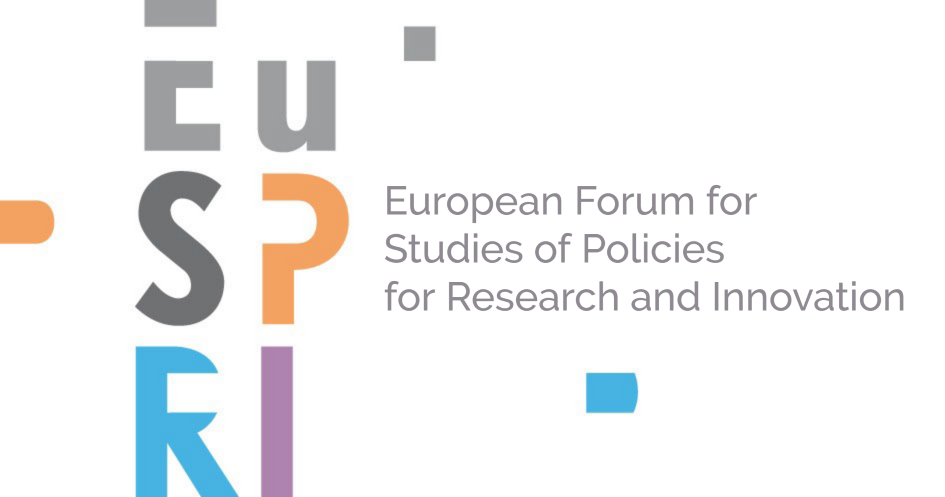Eckhardt, Jennifer (Dortmund (DE) Technische Universität Dortmund)
Advancing Accessibility: Interdisciplinary Pathways and Multiple Perspectives
Authors: Jennifer Eckhardt, Katrin Bauer, Christoph Kaletka
Keywords: Accessibility, Social Innovation, Inclusion
Abstract:
Accessibility is increasingly recognized as a foundational element for equitable innovation, supporting social cohesion and resilience. A closer interaction between science and society, especially marginalized populations, has become an objective in STI policies worldwide (Kalliomäki 2024). In line, the OECD Agenda for Transformative STI Policies provides valuable guidance for ensuring that STI policies promote accessibility and inclusion (OECD 2024). It calls for a shift in STI policymaking towards more inclusive, responsible, and context-sensitive frameworks. These policies should also support the availability of accessible technologies, the social acceptability of innovations, and the adaptability of solutions to meet changing accessibility needs. While accessibility is increasingly being thought of in an integrative and holistic way and has long since gone beyond the pure absence of physical barriers, there has so far been a lack of clear understanding of the nature of comprehensive accessibility in a broader sense.
This track invites contributions examining how STI policies can advance accessibility on multiple levels—local, national, and global, and from a variety of perspectives—barriers, enablers, or intermediaries. It welcomes contributions reflecting the role of accessibility for STI policies in times of multiple and complex societal crises as well as its potential for transformative change. We seek submissions that explore the role of STI in shaping inclusive environments, including pathways, policy frameworks, governance structures, individual actors and organizations, and stakeholder collaborations. Papers from a variety of disciplines are highly welcome, including but not limited to sociology, public administration, political science, management, and entrepreneurship. We invite presentations of full and early-stage research papers and policy dialogues for speed talks.
Contributors are encouraged to address diverse viewpoints, including:
• Theoretical underpinnings: frameworks and models that inform and shape STI policies on accessibility and inclusion
• Empirical studies: examples, case studies and analyses on accessibility in STI policies as well as in concrete – virtual and analogue – places of science, technology development and innovation
• Policy Integration: Presentations on how STI policies and how policy-makers can incorporate accessibility goals and the role of accessibility in policy frameworks
• Perspectives: exploring systemic, organizational, or individual barriers, enablers, or intermediaries in advancing accessibility within STI policy, and how policy innovations can overcome or build on these
• Multiple Levels: How do accessibility-focused STI practices differ in regional, social or cultural contexts, and what mutual learning opportunities exist between the Global North and South?
• Artificial Intelligence: What role can policy-enabled artificial intelligence play in fostering accessibility and social innovation for more inclusive environments?
This session will provide a platform for interdisciplinary dialogue, offering new insights into research and practice on aligning STI policy and policy-makers’ action and use of novel technologies with accessibility priorities and fostering inclusive societal futures. To address the breadth of the topics to allow a wide range of contributions, we have pre-defined a set of possible questions to be addressed:
Conceptual/Theoretical Foundations of Accessibility in STI Policy
• What are the key theoretical frameworks that can inform STI policy on accessibility and inclusion?
• How do different conceptualizations of accessibility shape STI policy approaches?
• How can the principles of universal design and inclusive innovation be integrated into STI policy frameworks?
Ensuring Accessibility in Innovation
• How can STI funding support local accessible infrastructure and innovations?
• How can STI policies promote adaptable solutions to evolving accessibility challenges?
• What factors must STI policy-makers consider when enabling social innovation to foster inclusive environments, including organizational strategy and culture or individual idiosyncrasies?
Ensuring Accessibility via Technology
• How can STI policies ensure accessible technologies across sectors (e.g., administration, urban planning, education, healthcare)?
• In what way might artificial intelligence ease or burden the implementation of accessibility-oriented innovations, technologies, or policies?
• How can artificial intelligence promote more inclusive societal action or how does it hinder it?
Social Innovation for contextual Sensitivity and Acceptability
• In what way should policy-makers support societal action to enable collective initiatives or social ventures/enterprises?
• How can STI policies ensure accessible technologies are contextually sensitive to communities?
• What role do public awareness, co-design, e-Participation/e-Governement play in improving STI policy acceptability?
Research, Metrics, and Standards for Accessibility
• How can STI research fill gaps in understanding accessibility needs at various levels?
• What metrics can be used to monitor and improve STI-policy-led accessibility progress and to better measure the whole action chain —from policy-makers’ deliberations over implementation to outcome/impact?
• How can local STI policies align with international accessibility standards and standards of their measurement?
